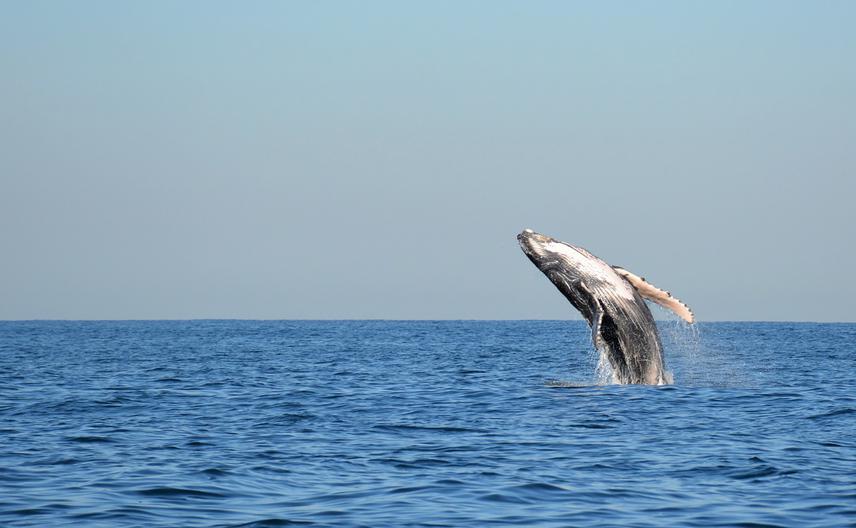Nico Ransome
Other projects
8 Jan 2020
Investigating Cetacean Diversity in El Salvador: A “Training-While-Doing” Approach to Aid Conservation and Management of Threatened Coastal Populations
Currently, there is limited cetacean research ongoing in El Salvador. Historically, research has been limited to surveys at much larger scales (e.g. the Eastern Tropical Pacific dolphin stock surveys conducted by NOAA until 2006 and NOAA’s humpback whale SPLASH Project conducted throughout the North Pacific 2004 – 2006). There are 19 species of cetaceans thought to be present in Salvadorian waters, including endangered and threatened species (e.g. blue whale), and populations (e.g. Central American humpback whale).
Fundamental information on cetacean distribution and abundance is critical for effective management, and essential to assess sustainability in fisheries by-catch and other anthropogenic threats. The cetaceans of El Salvador are likely threatened by intensive commercial and artisanal fishing along the coast and heavy shipping traffic. Both entanglement and vessel collision are recognised as the major modern threats to cetaceans worldwide. Additionally, whale-watching is quickly growing along the coast, and uncontrolled tourism is a major threat to cetaceans, to the welfare and survival of individuals and at the population level.

We will conduct dedicated cetacean vessel surveys using a systematic study design of transects along the entire Pacific coast of El Salvador. We will leave from five different departure points and use distance sampling methodologies, photo-identification, acoustic surveying, and slough skin-sampling where possible. This will provide baseline data on the distribution and density of cetaceans along the Salvadorian coast to evaluate current threats, and to inform management and mitigation policies.
We will train young Salvadorian students/early career biologists in cetacean research techniques, to inspire and ensure continued cetacean research within the country. We will run an annual intern programme where all expenses and needs of local interns are covered so they can take part in the country wide surveys with us and learn all necessary skills to continue in a successful career of cetacean research.
We will run classes in local schools teaching basic cetacean biology, to inspire a love of cetaceans and a passion to aid in their conservation.
Lastly, our focus will be to try and encourage low impact whale-watch activities throughout El Salvador by: running workshops in best navigation practices around whales; by starting a network of certified whale-watch captains and guides; by suggesting modifications of the whale-watch regulations to be site-specific to El Salvador, and; creating a plan to introduce whale-watch licences and whale-watch flags in a proposal to the Environment Agency of El Salvador.